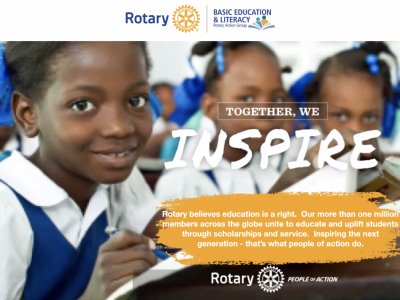
Over 776 million people over the age of 15 are illiterate. That’s 17 percent of the world’s adult population. In 1985, Rotary declared basic literacy to be a pre-condition for the development of peace. Early literacy training is critical to the success of a child's later education. So Rotarians work worldwide with children, parents, and educators to encourage and build reading skills at an early age for the life and fulfillment of each child and their community, the avoidance of conflict and building of peace.
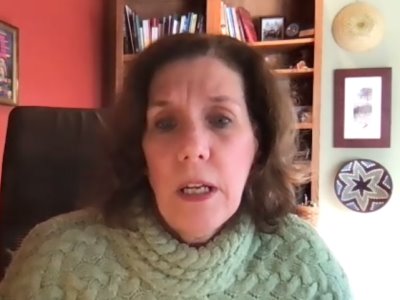 Carolyn Johnson, who is chair of the Basic Education and Literacy Rotary Action Group spoke to the Rotary Club of Ladner on March 2, 2021. A Rotarian since 2001, Carolyn is a member of the Rotary Club of Yarmouth, Maine. She served as Rotary District 7780 Governor in 2013-14. Today she also serves as an advisor to Rotary Foundation’s Water Sanitation and Hygiene in Schools programs and Rotary’s Basic Education and Literacy Cadre. In 2008 Carolyn received Rotary’s Service Above Self Award. Carolyn is a highly respected educational leader in Maine and around the nation having been recognized as a Maine Distinguished Educator and founder of the Culture of Reading Program for Guatemala Literacy Project.
Carolyn Johnson, who is chair of the Basic Education and Literacy Rotary Action Group spoke to the Rotary Club of Ladner on March 2, 2021. A Rotarian since 2001, Carolyn is a member of the Rotary Club of Yarmouth, Maine. She served as Rotary District 7780 Governor in 2013-14. Today she also serves as an advisor to Rotary Foundation’s Water Sanitation and Hygiene in Schools programs and Rotary’s Basic Education and Literacy Cadre. In 2008 Carolyn received Rotary’s Service Above Self Award. Carolyn is a highly respected educational leader in Maine and around the nation having been recognized as a Maine Distinguished Educator and founder of the Culture of Reading Program for Guatemala Literacy Project.The Basic Education & Literacy Rotary Action Group (BELRAG) is a network of Rotarians who aim to a) alleviate illiteracy, b) enhance literacy teaching and learning globally, and c) help provide materials and equipment for literacy education at different levels. Contact Carolyn Johnson.
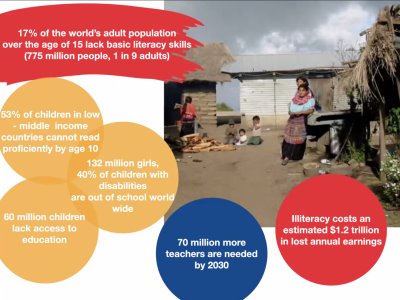 | 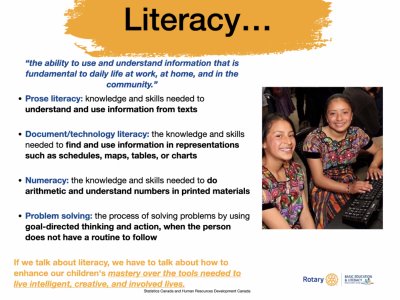 |
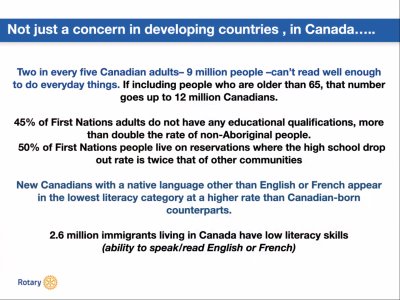 |  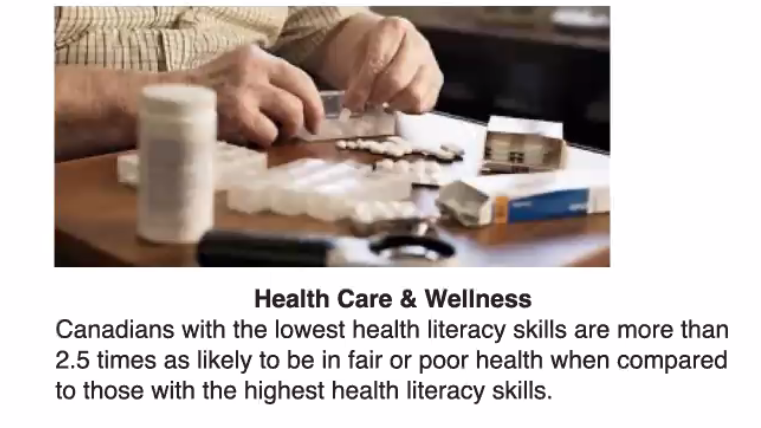 |
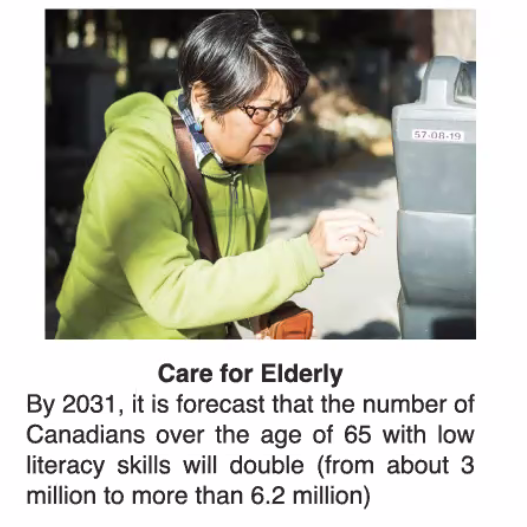 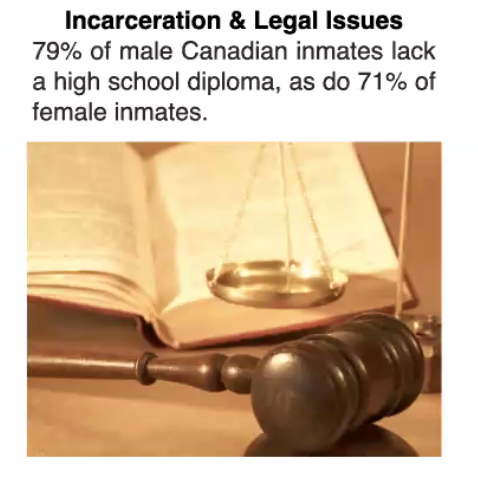 | 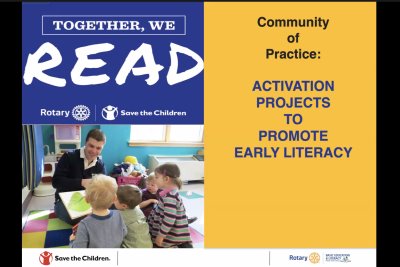 |
Rotary members throughout the world who are working together in the Action Group see as an important priority the need to increase general awareness of the severity of illiteracy throughout the world. Illiteracy has a negative impact on the quality of the lives of individuals, families, communities and nations from generation to generation.
The Group seeks to encourage Rotarians throughout the world to implement basic education and literacy projects, for both children and adults, that strengthen the capacity of communities, reduce gender disparity in education and provide education and literacy to all.
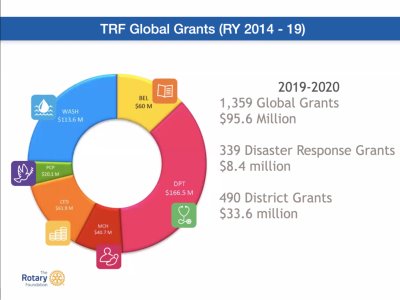 | 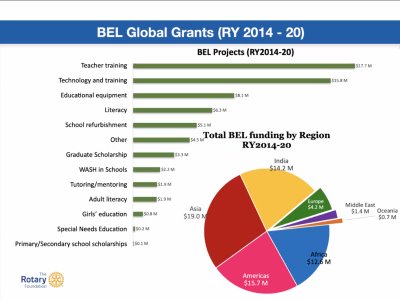 |
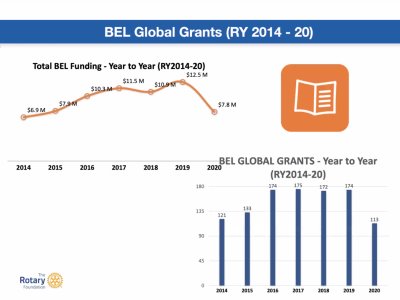 | 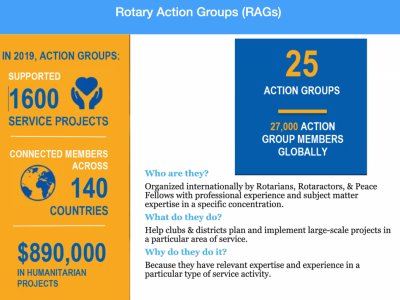 |
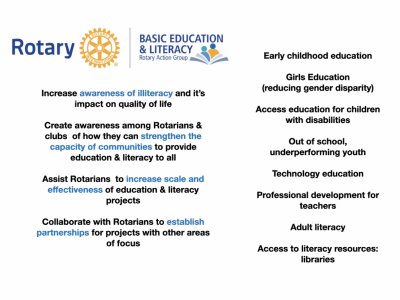 | 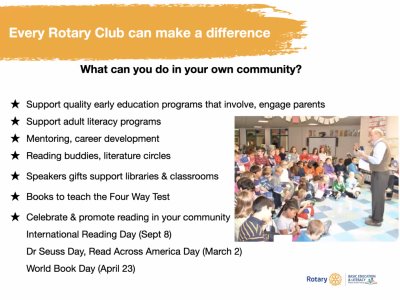 |
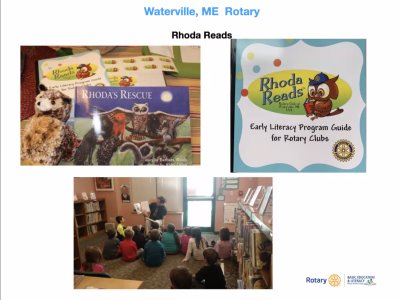 | 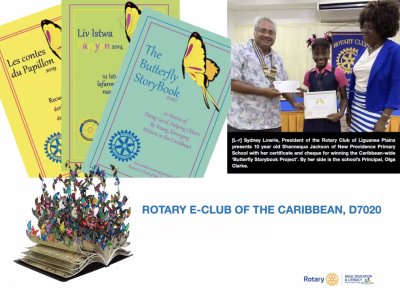 |
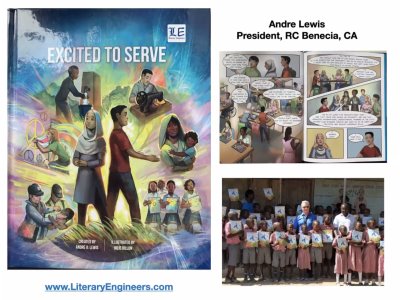 | 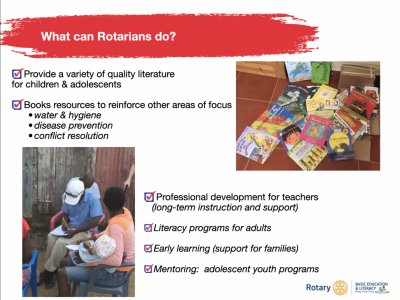 |
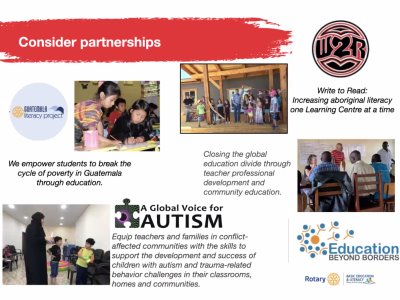 | 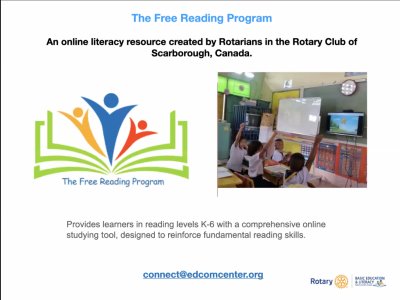 |
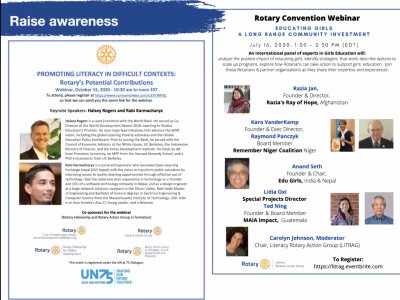 | 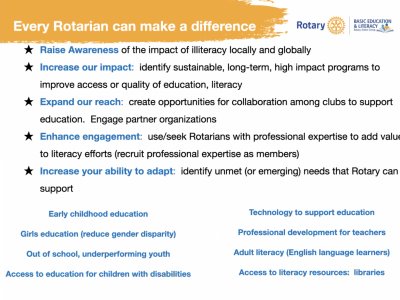 |